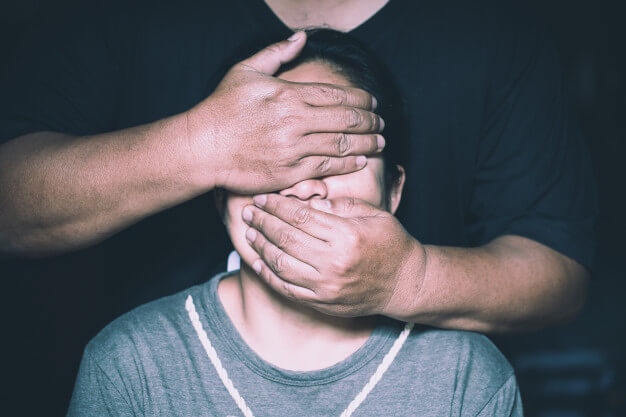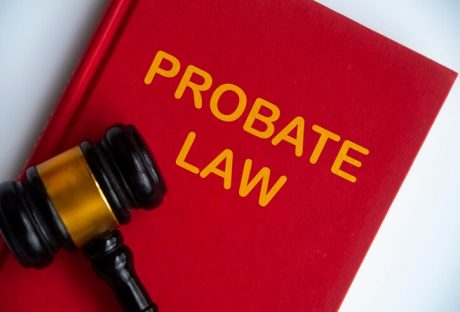If you’ve been charged with a misdemeanor crime, you need to be proactive in your criminal defense. Your arrest is only the beginning of the criminal justice process. You should contact a criminal defense lawyer who has experience with your type of case. There are several things you need to know when facing misdemeanor charges.
Here are Most Common Misdemeanors You Could Be Accused Of:
1. Consequences of a Misdemeanor Conviction:
Misdemeanor charges range from improper smoking to attempting to escape from jail. Misdemeanor convictions are fairly common in Michigan. The state courts see thousands of cases going through courts annually. There are three types of misdemeanors to look out for:
- 93-day misdemeanors
- 1-year misdemeanors
- High court misdemeanors
These time periods refer to the maximum jail sentence that you can serve. High court misdemeanors are more serious crimes and are punishable by a prison term of up to two years. While less serious than felony charges, all misdemeanors are considered crimes, and a conviction can result in jail, fines, and a criminal record. Michigan legal help like the Law Office of Rathi & Associates for legal needs when facing Michigan misdemeanor court. If you are facing misdemeanor charges then a misdemeanor lawyer will help you avoid the worst of any incoming punishments.
2. Misdemeanor Property Crimes:
Property crimes are offenses that involve the appropriation or destruction of physical items, but can also involve thefts of services or intellectual properties. Like most jurisdictions, state law determines whether a property crime will be classified as a misdemeanor or felony based on the dollar amount and extenuating circumstances around the crime. Some of the more common misdemeanor property crimes include:
- Petty (or petit) theft under $200
- Petty theft under $1,000
- Vandalism with under $200 in damage
- Vandalism with under $1,000 in damage
- Public urination
- Trespassing
3. Misdemeanor Crimes Against Persons:
Crimes against persons can involve touching or striking a person against their will, creating disturbances and other offenses that affect individuals and groups of individuals. As is the case with property crimes, a crime against a person can be either a misdemeanor or a felony depending on the circumstances surrounding the crime and the severity of the offense. Some of the more common misdemeanor crimes against persons include the following:
- Assault and battery
- Domestic assault
- Misdemeanor stalking
- Disorderly conduct
- Resisting arrest
- Prostitution
These are the common crimes committed against a person. If you’ve been charged with any of these crimes, you may have to face punishment, including imprisonment, fines, probation, and loss of civil rights. In some cases, you may also be required to pay restitution to the victim.
However, the specific consequences may vary depending on the severity of the charges, the state in which the crime was committed, and the accused’s prior criminal record. For example, if you’ve been accused of domestic violence charges, regardless of your location, it’s important to work with an attorney who can guide you in protecting your rights and interests.
4. Misdemeanors Traffic Crimes and DUI:
Driving Under the Influence is usually a misdemeanor unless there are extenuating circumstances like multiple DUI prior offenses, drug possession, or an accident involving injuries. There are also some non-alcohol-related traffic violations that are classified as misdemeanors. Some of the more common misdemeanor traffic crimes include:
- 1st or 2nd DUI
- Open container
- Fleeing and eluding
- Leaving the scene of an accident
- Reckless driving
- Driving on a suspended or revoked license
- Drag racing
Indeed, there are several traffic crimes that you could be accused of, depending on your personal circumstances. Like other misdemeanors, a conviction for traffic crimes, including a DUI offense, can carry many consequences.
Moreover, it’s important to note that the consequences of traffic crimes can be serious, so it’s best to drive safely and obey the law. If you’re convicted of a traffic crime, consulting with an attorney to discuss your options would be beneficial. They can evaluate the facts of your case and develop the right defense strategy.
5. Misdemeanor Drug Crimes:
With the exception of marijuana possession, many drug crimes in most states are felonies. Possession of marijuana in any amount is a misdemeanor, but other activities related to the drug, such as selling it to others, can constitute a felony. In certain states, a person can legally carry up to 2.5 ounces of medical marijuana with a valid prescription.
Conclusion
Being accused of a misdemeanor can be frustrating and stressful. Therefore, to mitigate the impact of a potential misdemeanor charge on your life, keep the above information in mind and seek legal counsel if necessary.
Read Also:

























